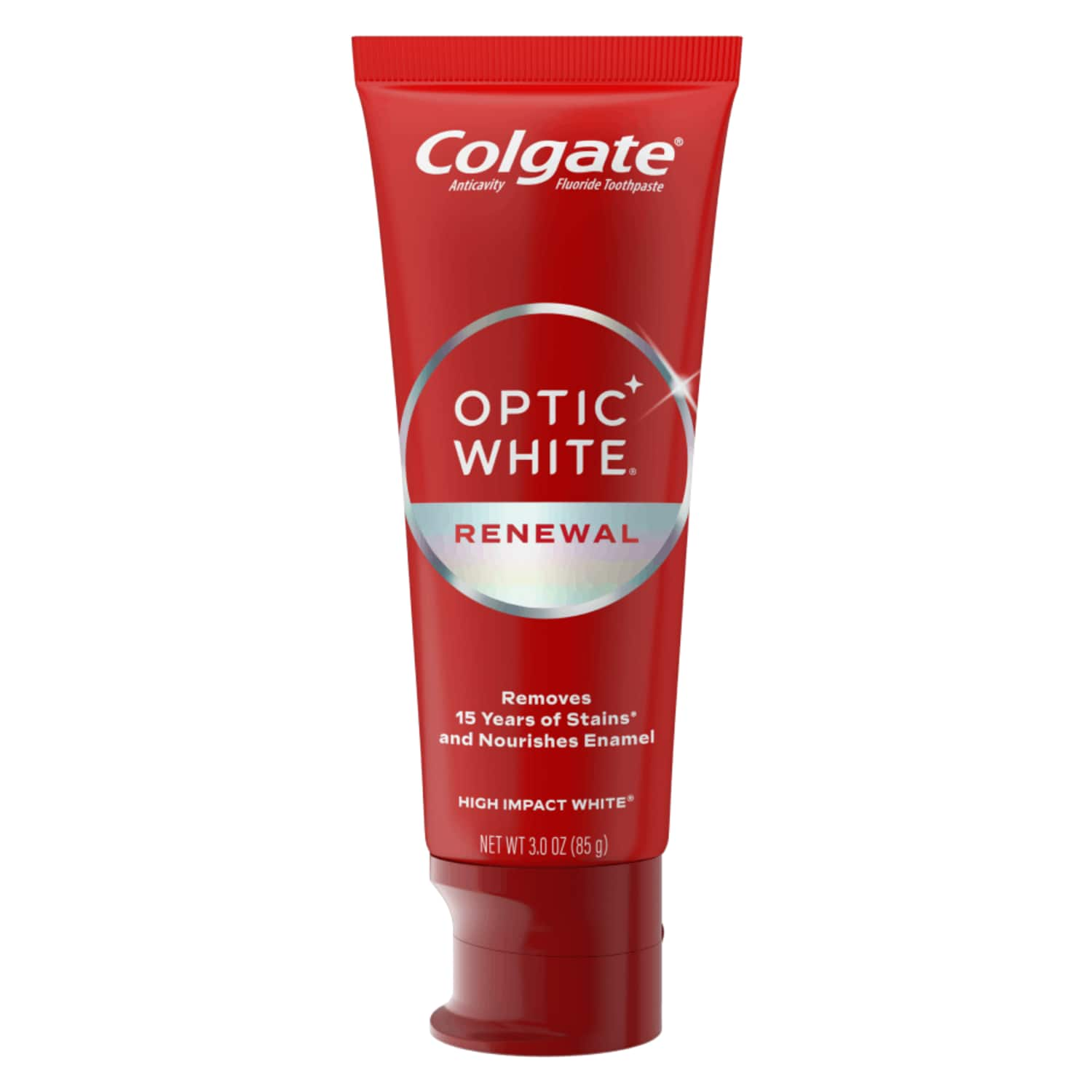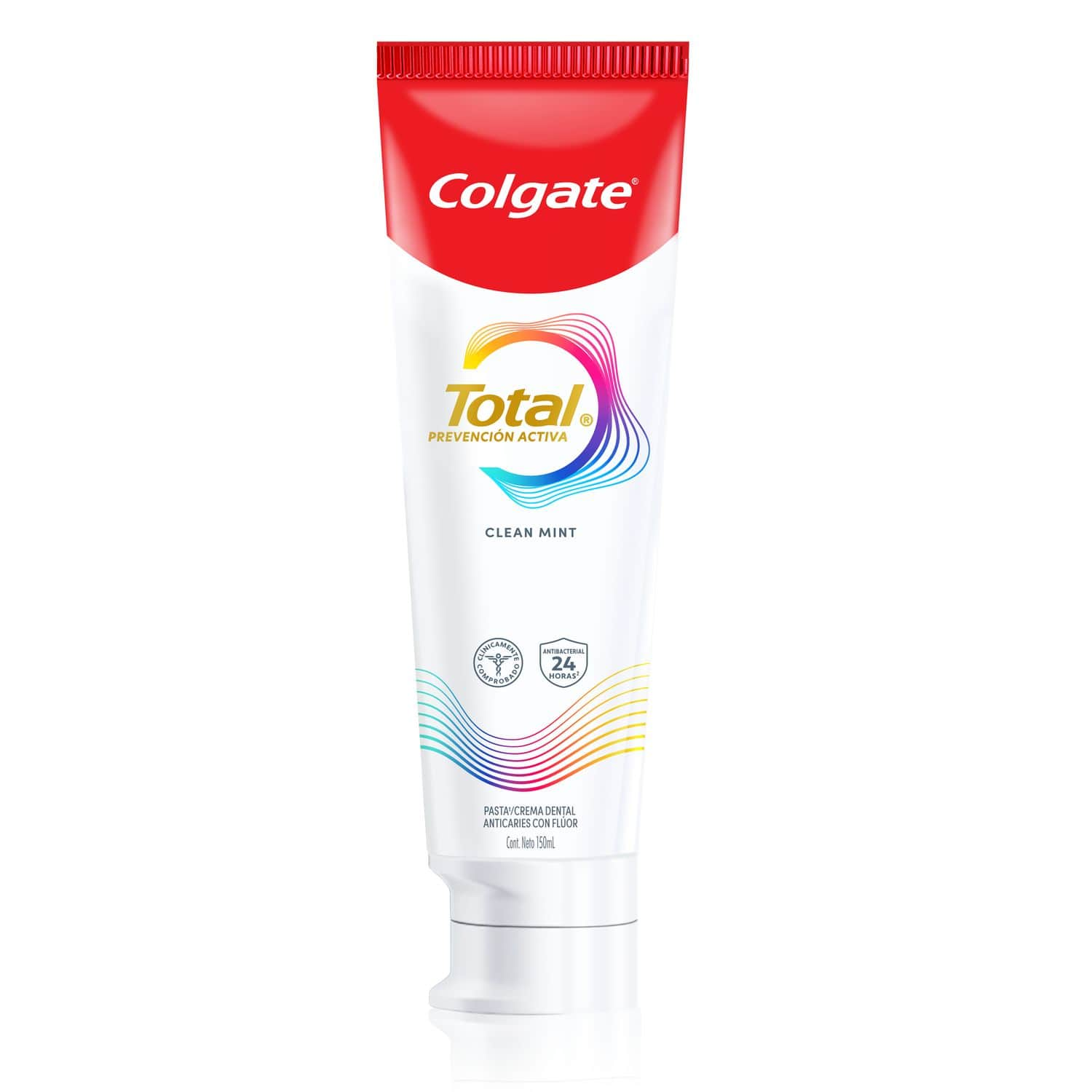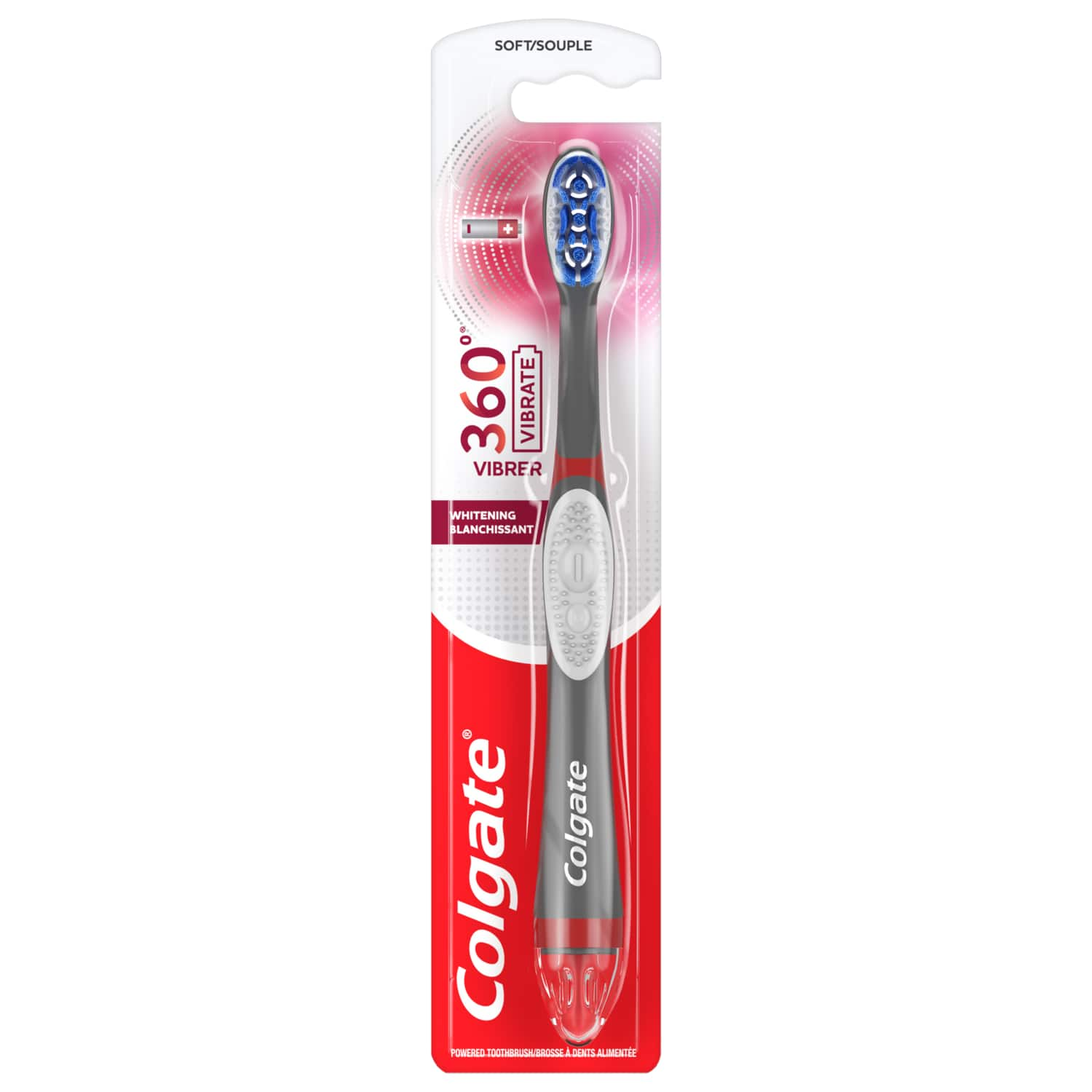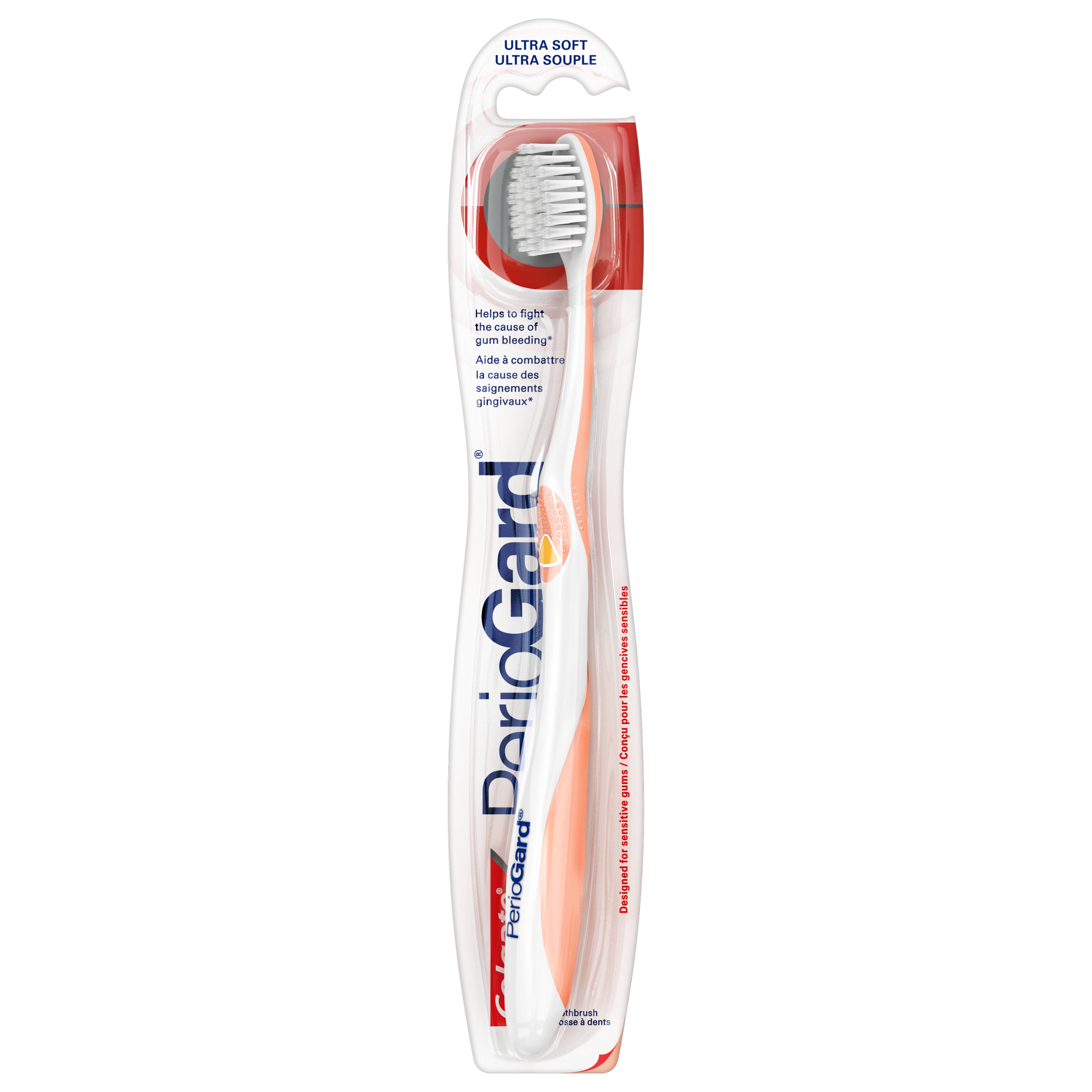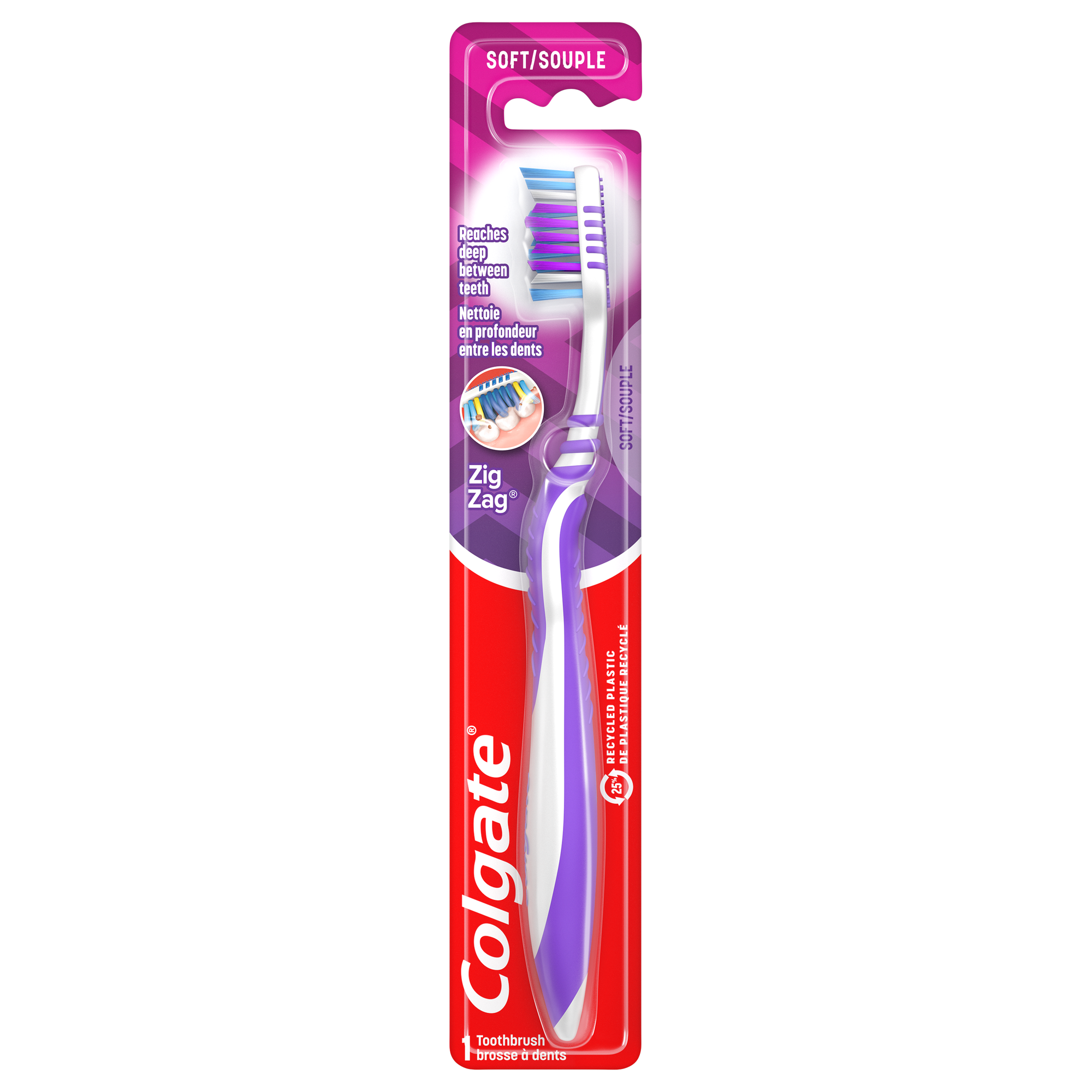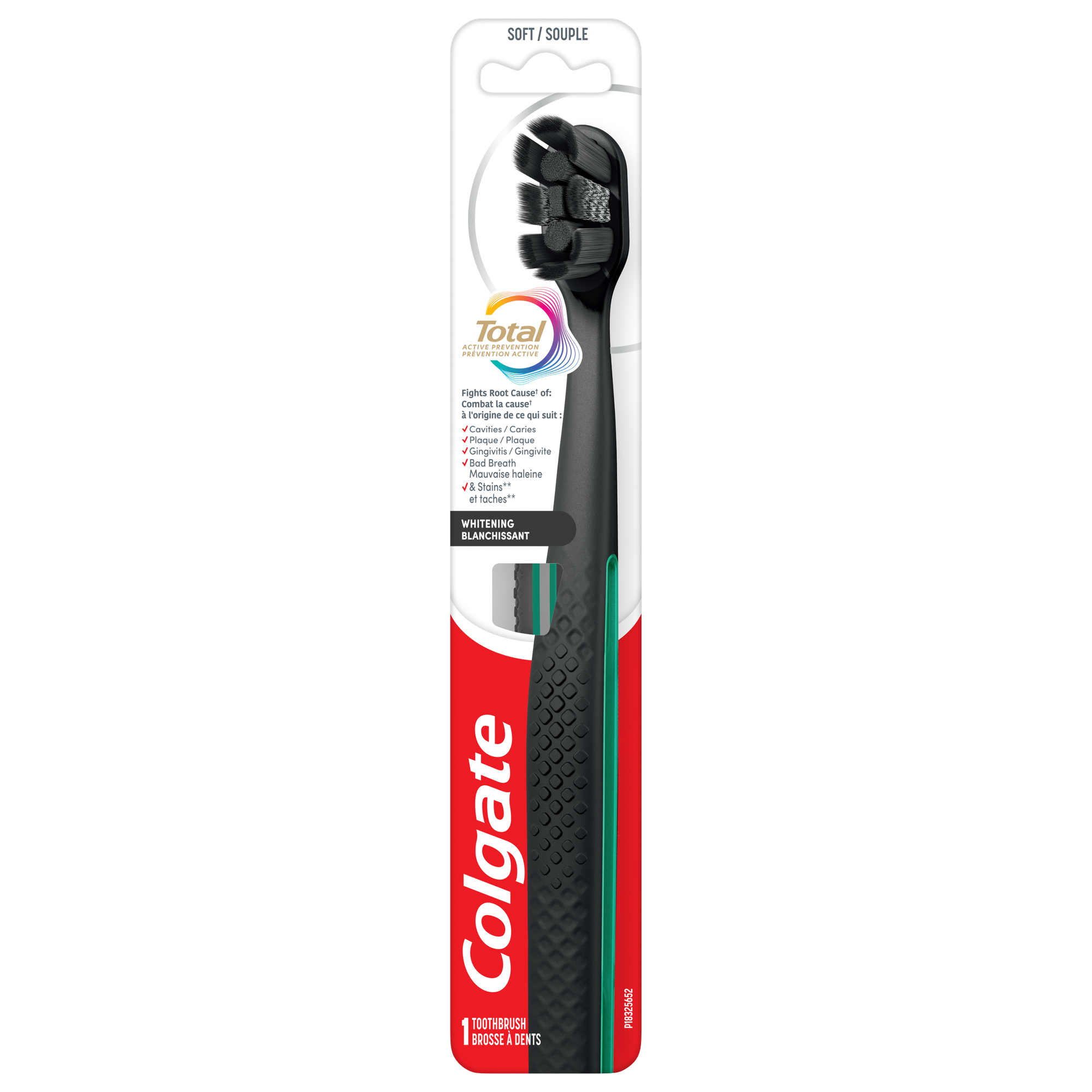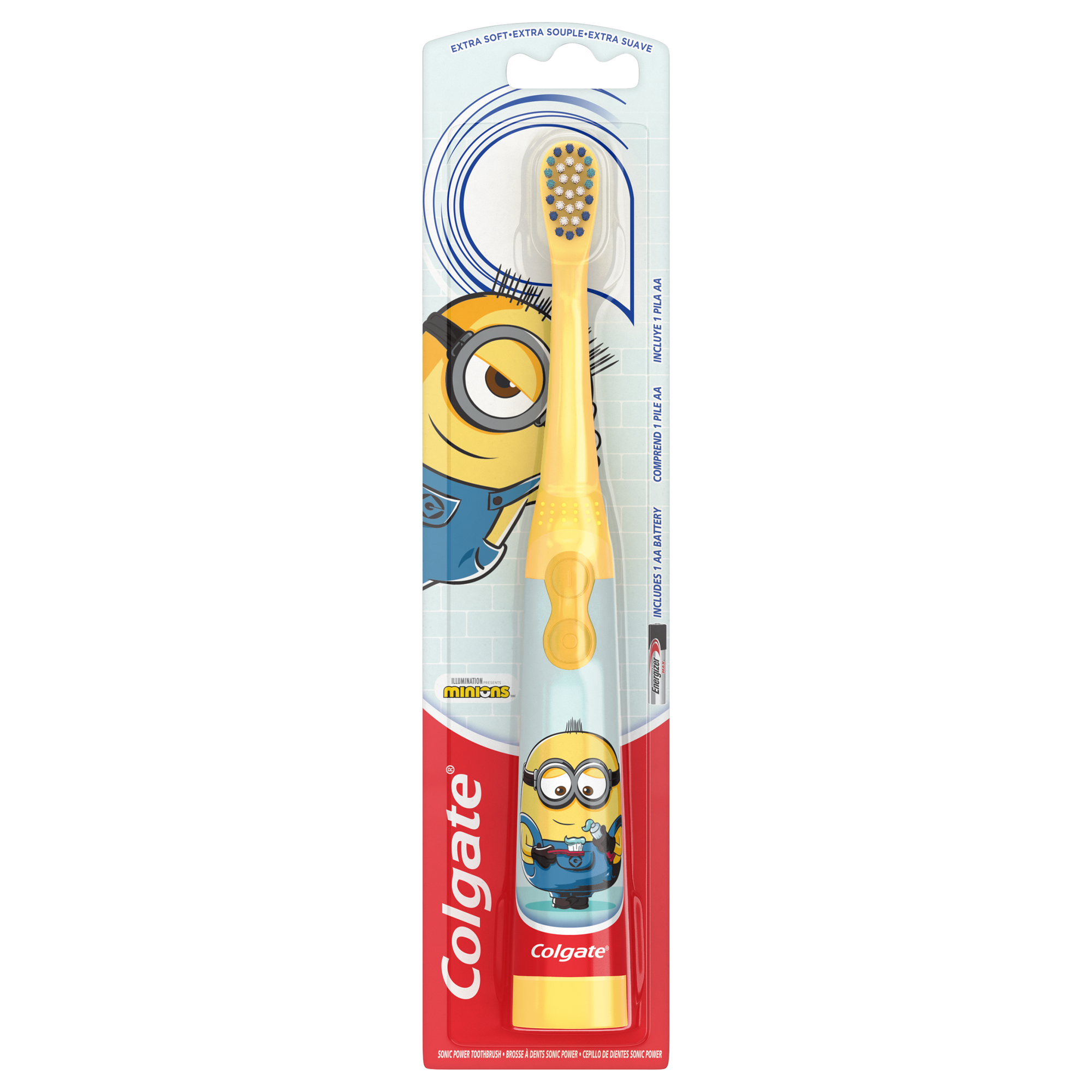Some people experiencing tooth sensitivity might not be able to handle hot or cold temperatures, while some people might be sensitive to pressure. Biting down on something and feeling pain can be a jarring sensation. Find out what’s causing this sensation and how to treat it so that you can feel comfortable again!
Why Does My Tooth Hurt When I Put Pressure on It?
The most common reason you might be experiencing pain when you put pressure on that tooth is dentin hypersensitivity, also known as tooth sensitivity. Dentin hypersensitivity is caused by the exposure of your dentin (the layer under your tooth enamel). Exposure can be due to the loss of hard dental tissue (erosion or abrasion) or soft tissue loss (gingival recession). As a result, the dentinal tubules are exposed to oral environments, triggering a painful response when you bite into food or apply any other kind of pressure to the tooth.
Dentin sensitivity is not the only thing that can cause pain when you bite down or touch your tooth. This symptom could be caused by decay, a loose filling, or a cracked tooth. It’s also possible that the damage goes beyond the dentin and affects the sensitive pulp tissue inside the tooth.
What Treatment Options Are Available to Me?
Since the pain you’re experiencing could be caused by various things, you must consult your dentist as soon as possible. A dentist will determine if your symptoms are being caused by dentin hypersensitivity or if it’s something else. If you are experiencing dentin hypersensitivity, your dentist might recommend using a desensitizing agent that can be applied in-office.
Your dentist can also check if you have a cavity that needs to be treated or a crown or filling that needs to be replaced, which may take care of your pain symptoms. If your tooth is cracked, your dentist will determine if the crack has reached the sensitive pulp at the centre.
My Health Alberta explains that in some cases, a root canal procedure may be needed to save the tooth. A crown is usually placed over the tooth to prevent the crack from spreading. Early diagnosis is key here – it can help save your tooth. That’s why it’s essential to see your dentist regularly. They might notice a problem with your teeth that you haven’t yet, giving you the chance to treat it early.
Aside from seeing your dentist regularly, it’s important to keep up a good oral care routine at home. This should include brushing with a sensitivity, anti cavity toothpaste and cleaning between your teeth daily with floss or another interdental cleaner. Brushing your teeth correctly is also important to ensure you don’t wear down your enamel and gums.
If your tooth hurts when you put any pressure on it, it’s normal to feel concerned. While many different things could trigger this symptom, the good news is that your dentist can help you figure out what is causing it. And remember, early action is key here. The sooner you get to the dentist’s office, the quicker you’ll get some relief!
ORAL HEALTH QUIZ
What's behind your smile?
Take our Oral Health assessment to get the most from your oral care routine
ORAL HEALTH QUIZ
What's behind your smile?
Take our Oral Health assessment to get the most from your oral care routine
